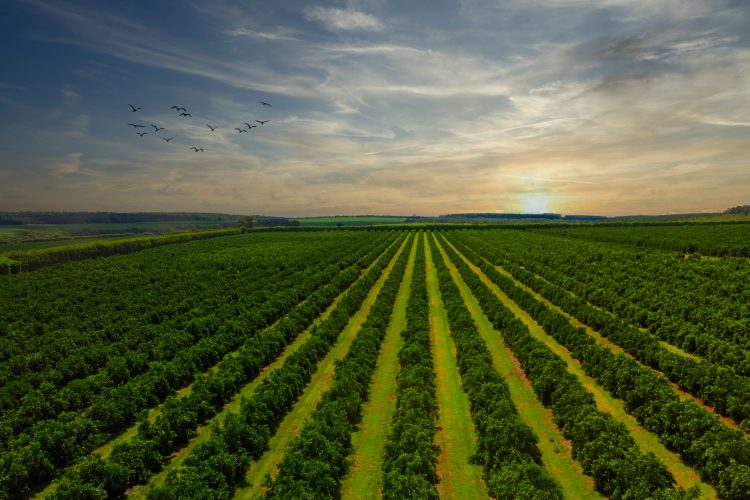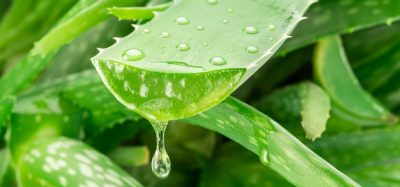Cargill opens new $150 million pectin plant in Brazil
- Like
- Digg
- Del
- Tumblr
- VKontakte
- Buffer
- Love This
- Odnoklassniki
- Meneame
- Blogger
- Amazon
- Yahoo Mail
- Gmail
- AOL
- Newsvine
- HackerNews
- Evernote
- MySpace
- Mail.ru
- Viadeo
- Line
- Comments
- Yummly
- SMS
- Viber
- Telegram
- Subscribe
- Skype
- Facebook Messenger
- Kakao
- LiveJournal
- Yammer
- Edgar
- Fintel
- Mix
- Instapaper
- Copy Link
Posted: 9 September 2021 | New Food Magazine | No comments yet
The new pectin plant also has significant sustainability credentials, with Cargill confirming it will be run on thermal energy generated from biomass and biogas.


The plant's proximity to Brazil's citrus-growing region will reduce emissions
Cargill has announced the opening of its new pectin production facility, located in Bebedouro, Brazil. The plant, which represents a $150 million investment, significantly expands the company’s ability to meet growing global demand for the label-friendly texturising ingredient.
Built in the heart of Brazil’s citrus-growing region, Cargill says the new plant’s proximity to citrus fields ensures an abundant supply of fresh fruit peels, the raw material required for premium pectin production. It will produce a full range of Cargill’s HM pectins, significantly increasing the company’s pectin supply and expanding production presence to two continents – South America and Europe.
“Demand for pectin is at an all-time high, fuelled by global trends around sugar reduction and label-friendly formulation, as well as the popularity of fruit-flavoured dairy drinks,” said Laerte Moraes, Managing director for Cargill’s starches, sweeteners and texturisers business in South America.
“Adding a fourth pectin production facility to our supply network further secures our position as a reliable supplier of this sought-after ingredient.”
The Brazil plant opening culminates a three-year plan to expand Cargill’s global pectin production, which also included improvements to its existing pectin facilities in France, Germany and Italy. With the combined added capacity, Cargill claims it is now the world’s second largest pectin producer.
The HM pectin produced at Cargill’s new plant will be used to make jams, fruit-flavoured beverages, acidic dairy drinks, yogurts, fruit preparations and confectionery, as well as personal care products. In these applications, HM pectin fulfils many roles, serving as a thickener and gelling agent, stabilising proteins in acidic environments, and aiding in the production of sugar-reduced beverages.
In keeping with Cargill’s commitment to reduce Scope 1 and Scope 2 emissions across its operations, the new plant reportedly uses advanced technology to reduce its environmental footprint and includes sustainability certification of raw materials. This starts with the plant’s proximity to its citrus suppliers and their Rainforest Alliance certified farms, which Cargill says helps minimise CO2 emissions from raw material transport and promotes regenerative agriculture practices. Built according to Cargill’s stringent guidelines, the Bebedouro plant is powered by thermal energy generated from biomass and biogas, using sustainability practices already proven at other company facilities.
“This new plant is the latest example of how Cargill is working to lower our environmental impact across operations,” said Moraes. “Within the last five years, we’ve reduced the energy consumption of our European plants by 20 percent. Our Bebedouro plant will continue that commitment, using advanced technology to minimize our carbon footprint.”
When fully operational, the new plant will supply HM pectin to customers in South America and throughout the world. Initial shipments are expected to begin by year-end.
Related topics
Flavours & colours, Ingredients, Proteins & alternative proteins, Regulation & Legislation, Supply chain









